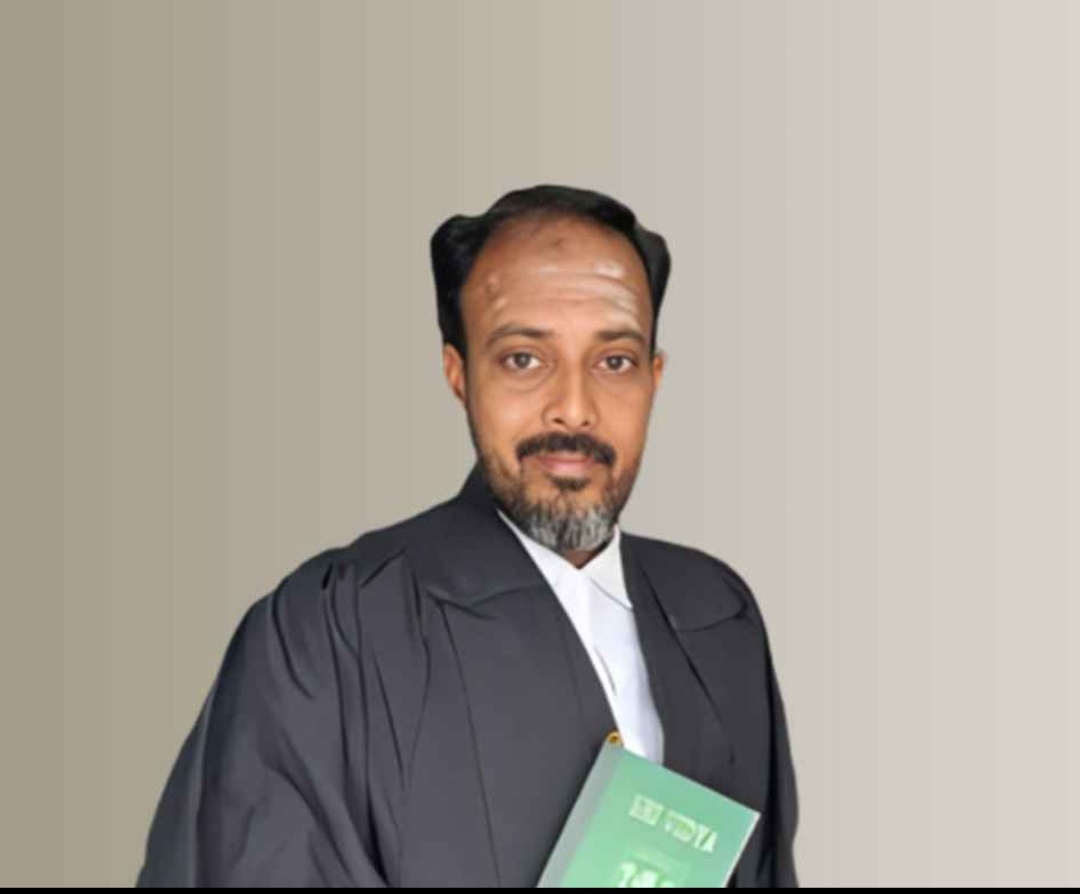Answer By law4u team
The Mutual Legal Assistance Treaty (MLAT) is an agreement between two or more countries for the purpose of gathering and exchanging evidence in an international criminal investigation. This treaty facilitates cooperation between countries in criminal matters, ensuring that evidence and information can be shared to support investigations, prosecutions, and legal proceedings in cases that span multiple jurisdictions. The MLAT is a vital tool for combating cross-border crimes such as money laundering, drug trafficking, cybercrime, terrorism, and organized crime.
India has entered into MLATs with several countries to streamline and formalize the legal process for international cooperation in criminal matters, ensuring that it can request and provide legal assistance in investigations and prosecutions involving foreign jurisdictions.
Key Provisions of MLATs
Evidence Sharing
MLATs facilitate the transfer of evidence between countries in criminal investigations, ensuring that law enforcement agencies can obtain documents, records, or testimony required for legal proceedings in the requesting country.
Extradition
In addition to evidence sharing, MLATs can include provisions related to extradition—allowing the arrest and transfer of individuals accused or convicted of crimes across borders.
Cooperation in Criminal Investigations
MLATs often cover cooperation in criminal investigations, which includes assisting in the location of individuals or property, providing documents, or obtaining witness testimony.
Asset Recovery
MLATs can include provisions for asset recovery, allowing countries to assist one another in locating and recovering the proceeds of crime, such as stolen funds or assets from corruption, terrorism financing, or drug trafficking.
Confidentiality and Security
The treaty typically includes measures to ensure the confidentiality of information and protect the security of the parties involved, especially when dealing with sensitive or classified materials.
How India Uses the MLAT
India uses MLATs to combat cross-border criminal activities, including terrorism, organized crime, cybercrime, drug trafficking, and corruption. The legal framework of MLATs helps India to enhance cooperation with foreign governments and agencies, making it more effective in international law enforcement efforts.
Combating Terrorism and Organized Crime
India uses MLATs to request cooperation from foreign countries in investigating and prosecuting individuals or groups involved in terrorism or organized crime. For example, after the 26/11 Mumbai attacks, India sought assistance from several countries under MLATs to gather evidence, track the financial trail, and bring the perpetrators to justice.
Cybercrime Investigations
In the digital age, cybercrime often spans multiple countries. India relies on MLATs to request evidence or information from foreign service providers, such as emails, digital records, or IP addresses, in cases of hacking, online fraud, or data theft.
Money Laundering and Corruption
MLATs enable India to cooperate with other countries in investigating financial crimes like money laundering, where large sums of money are often moved across international borders. India can request the freezing of assets, gather financial records, and track illicit money flows.
Extradition Requests
MLATs serve as the legal basis for requesting the extradition of individuals who are accused of committing crimes in India but are found in other countries. For example, India has used MLATs to request the extradition of individuals involved in high-profile criminal cases, such as economic offenders or fugitives from justice.
Witness Protection and Testimonies
MLATs also facilitate cooperation in securing testimonies or protection for witnesses who may be involved in criminal investigations or trials. Countries under the MLAT arrangement can offer protection to witnesses or provide statements from foreign jurisdictions to be used in Indian courts.
Examples of India’s Use of MLAT
The 26/11 Mumbai Attacks
India sought the assistance of various countries, including Pakistan and the UAE, to trace and collect evidence related to the 2008 Mumbai attacks. The MLATs facilitated the exchange of crucial information, including financial transactions and communication records that were essential to the prosecution of the accused.
The Vijay Mallya Case
India has used the MLAT framework to request the extradition of the controversial businessman Vijay Mallya, who fled to the UK facing charges of financial crimes, including bank loan default and money laundering. The request for his extradition was made under the India-UK MLAT, and legal processes are ongoing.
The Nirav Modi Case
In the high-profile case of Nirav Modi, who is accused of defrauding Indian banks of billions, India sought the assistance of multiple countries, including Belgium and the UK, through the MLAT mechanism. These efforts were aimed at securing evidence and facilitating his extradition.
Cybercrime Investigations
In cybercrime cases, such as those involving hacking or online fraud, India uses MLATs to obtain digital evidence from foreign companies or service providers, particularly when the servers or suspects are located outside India.
Conclusion:
The Mutual Legal Assistance Treaty (MLAT) is an essential tool for fostering international cooperation in criminal justice matters. For India, MLATs are crucial for facilitating cross-border legal assistance, securing extradition, sharing evidence, and enhancing law enforcement efforts in criminal investigations. They enable India to effectively combat international crime, particularly in cases of terrorism, organized crime, corruption, and cybercrime, ensuring that justice can be served regardless of geographic boundaries.







